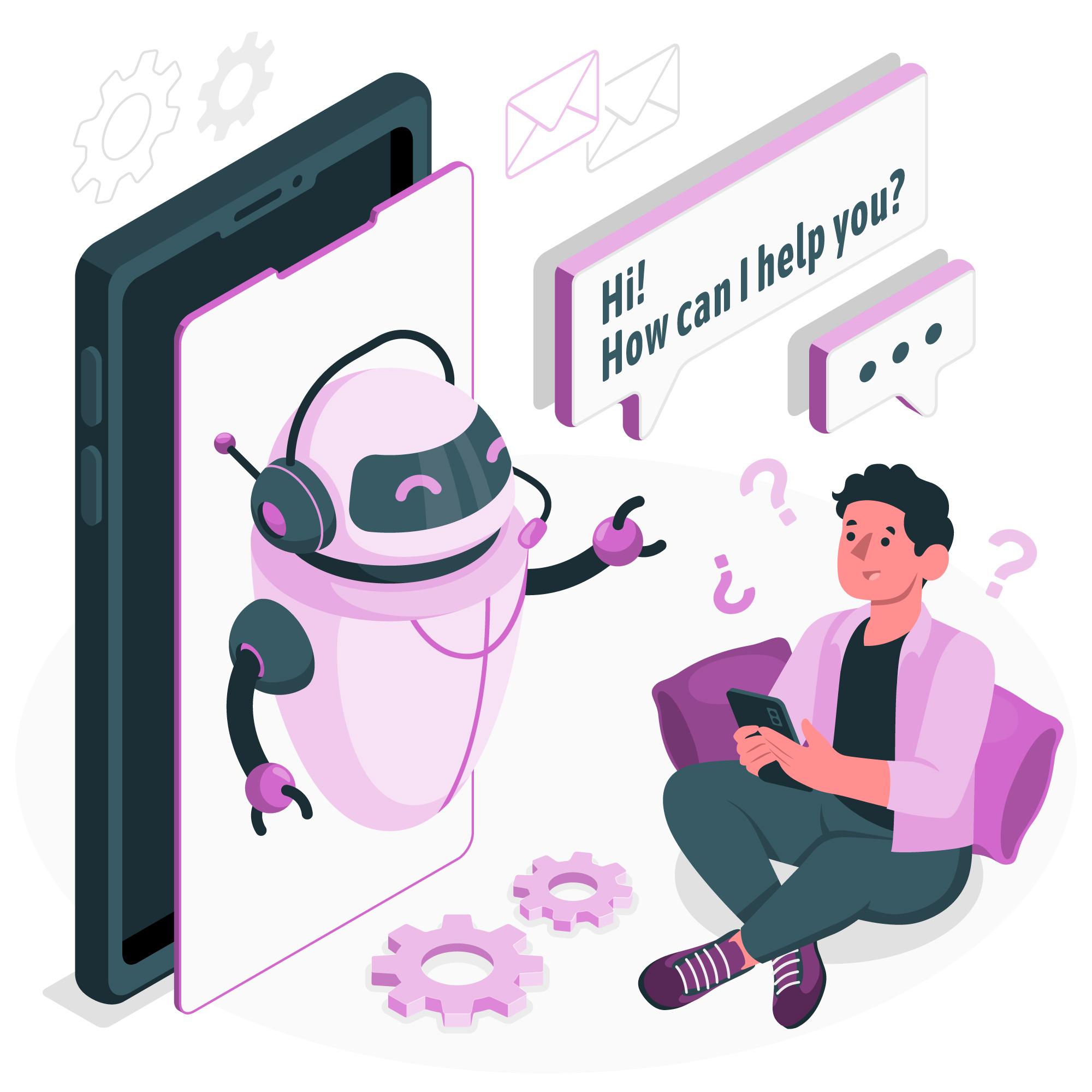ChatGPT can do more than just respond to a wide range of questions. Users have tested it in various ways, such as:
- Responding to customer complaints or service chats by inputting the complaint email and asking ChatGPT to respond with a short letter.
- Story creation: Some have used ChatGPT to complete short stories, and others have combined ChatGPT with the MidJourney image creation tool to create illustrated children’s books. However, this book was criticized for lack of consideration and suspected plagiarism.
- Writing programs: ChatGPT has written a virtual currency exchange application interface (API) according to user needs, allowing users to place orders.
- Translation: Inputting Chinese or English can prompt ChatGPT to translate it into another language.
- Correcting grammatical errors: After inputting a long paragraph of text, ChatGPT can determine which grammar mistakes were made, even telling you the reason and how to correct them.
- Writing poems and lyrics: Giving keywords to ChatGPT can produce poetry or lyrics that fit the theme and word count.
- Summarizing text highlights: It can read long texts and list and categorize the highlights, suitable for meeting records.
You can also log in to ChatGPT to explore more uses.
Can ChatGPT replace search engines like Google?
ChatGPT is widely recognized as the biggest breakthrough in the AI field because of its ability to handle a broad range of topics. Moreover, ChatGPT interacts through dialogue, quickly organizing information that people cannot achieve. It can even handle different characters, locations, and time information that appear in conversations. It can be understood as a text-based Siri or Alexa, but ChatGPT can better understand questions and know what users want.
Experts also believe that the first threat ChatGPT poses is to search engines. Compared to a list of blue links, well-organized information with logical explanations seems more attractive.
So, does this mean that we no longer need to feed Google with keywords to get the answers we want?
Next, we will observe from two points:
Observation point one: ChatGPT can generate content on its own and combine contextual dialogue
The current operation of search engines (such as Google) is to collect a large amount of information, rather than create information. By entering keywords in the search box, the search engine will use algorithms to retrieve, index, and sort matching information, and then the user can find the content they need. However, ChatGPT is very different. It can generate content on its own, provide single, real-time answers, and even combine contextual dialogue for multi-round conversations.
Observation point two: Can ChatGPT judge the authenticity of information?
Although ChatGPT’s data comes from a large amount of online content, it can still make mistakes. On the other hand, using a search engine can cross-check information from multiple sources. A paper co-authored by Emily Bender, a linguistics professor at the University of Washington, and former Google AI Ethics Chief Timnit Gebru last year pointed this out. AI language models are essentially “stochastic parrots,” meaning their knowledge comes only from statistical patterns in training data, rather than understanding the world’s complexity and abstraction like humans.
Even Twitter’s current CEO, Elon Musk, revealed that ChatGPT can use the Twitter database, and it is well known that Twitter is full of spam messages. This means that ChatGPT must have learned a lot of content that lacks fact-checking and even used to generate false news and malicious dissemination.
Therefore, at present, the possibility of ChatGPT replacing search engines like Google is relatively small. Because the current ChatGPT still has the same problem as other AI chatbots, that is, it will respond with incorrect answers or false information. Developers also admit that the model “sometimes writes seemingly reasonable but incorrect or absurd answers” and that the model may respond “too long” due to human training. Some users have also provided feedback that the model provides detailed but incorrect answers for algebra, and even answers to restrictive issues such as violence, crime, and racism.
In summary, ChatGPT is ultimately an AI chat model, not a search engine, and cannot provide all kinds of information. Moreover, the information we usually find on the Internet is not completely accurate, and we still need to make judgments on various information and content ourselves. Therefore, ChatGPT is unlikely to replace the search engine Google.
ChatGPT’s impact on search engines has caused a stir in the industry, but Google’s Bard match turned out to be a mistake.
I completely understand the impact that ChatGPT has had on the AI industry and its potential to challenge the dominance of search engines like Google. I’m also aware of the recent announcement of Google’s chatbot Bard, which is aimed at enhancing the AI capabilities of its search engine and other products.
It’s interesting to note that some experts, such as Paul Buchheit, a former Google employee who helped create Gmail, believe that AI technologies like ChatGPT could pose a significant threat to Google’s dominance in the coming years. However, it’s important to remember that ChatGPT is still a relatively new technology and is not yet capable of replacing search engines like Google.
Regarding the recent launch of Bard, it’s unclear how Google intends to differentiate it from ChatGPT. Google CEO Sundar Pichai has stated that the new service will use information from the internet, while ChatGPT’s knowledge base is only updated up until 2021. It remains to be seen how successful Bard will be in enhancing Google’s AI capabilities and maintaining its position as a market leader.
However, the recent Bard launch event was marred by a mistake, which resulted in a significant drop in Google’s stock value. Some Google employees have criticized the company’s CEO for rushing the launch of Bard and not adhering to Google’s usual standards. It will be interesting to see how Google addresses these issues and continues to develop its AI capabilities in the future.
What impact does ChatGPT have on employment?
How do I use ChatGPT? Can it replace Google?








